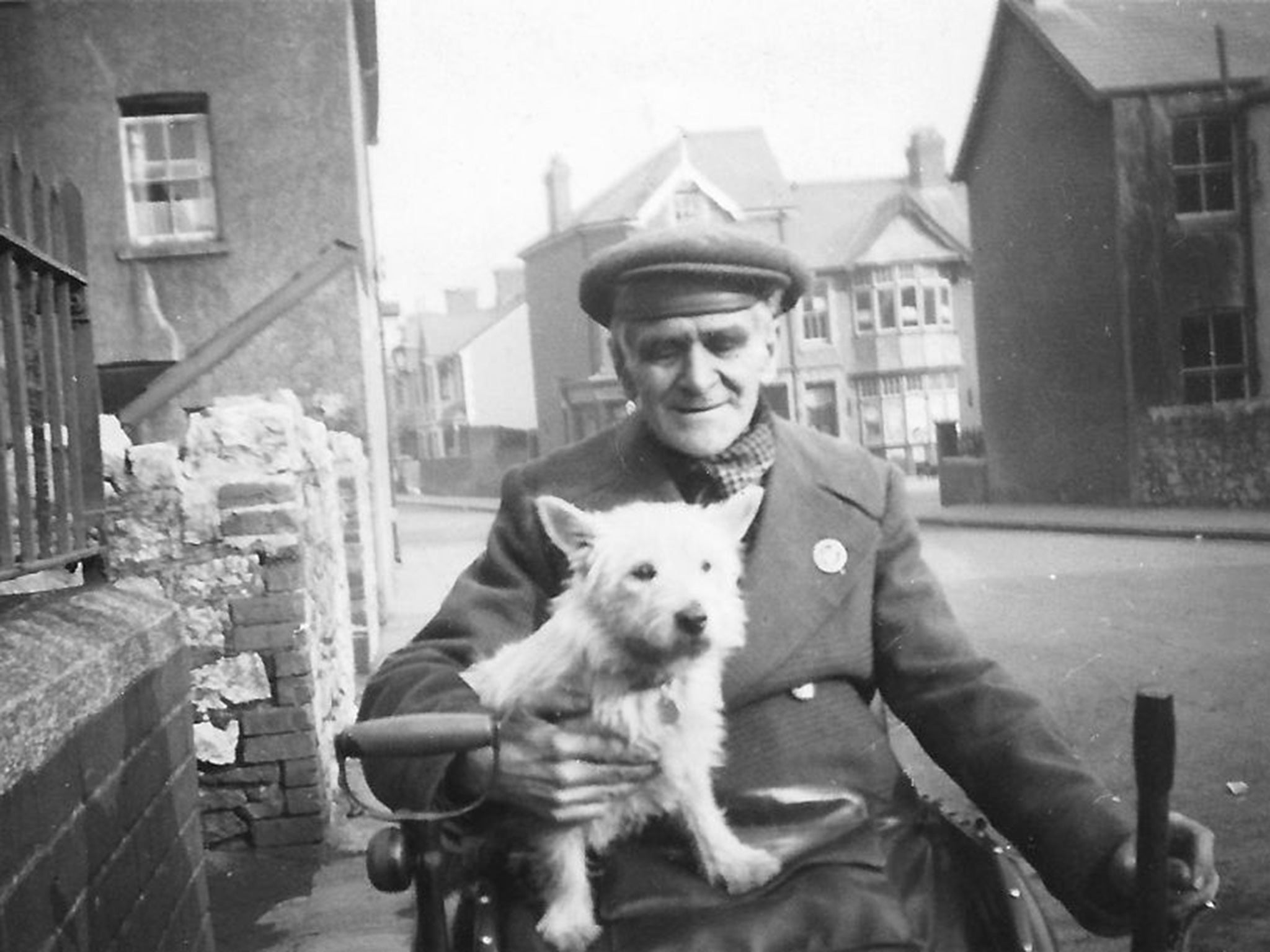Frederick James Davies: Details of WWI Christmas truce revealed in British soldier's letters
The Welsh private served on the front line and shared 'cigs, jam and corn beef' with Germans at Christmas in 1914

Going into battle?
Frederick James Davies served on the front line in the First World War but he was interested in keeping the peace – at Christmas, at least. The late soldier’s remarkable experience of sharing "cigs, jam and corn beef" with Germans in the Christmas truce of 1914 has come to light in a newly revealed collection of letters.
Who was he?
Mr Davies, who was born in Lampeter, Wales, in 1886, and joined the army in 1908, was a private in the 2nd Battalion Royal Welsh Fusiliers. He described meeting German soldiers across no man's land on Christmas Day 1914 in a letter he wrote to his mother from the front.
Where has the letter been all this time?
It was among a collection found by Mr Davies's granddaughter, Jane Oliver, after the death of her mother, who was his eldest daughter, and recently donated to the Imperial War Museums. Soldiers serving in northern France in 1914 left their trenches along some parts of the front line on the first Christmas Day of the First World War to meet the enemy in no man's land and exchange gifts - with some famously even playing football.
How did Mr Davies describe the historic occasion?
The young soldier told his mother he and had a "good chat with the Germans on Xmas day". Mr Davies wrote: "We shook hands with them. We gave them cigs, jam and corn beef.” He added: “They also gave us cigars but they didn't have much food. I think they are hard up for it. They were fed up with the war."
Did he survive the war?
Yes, but only just. Mr Davies was invalided out of the army in 1915 after a trench caved in on him, shattering his spine and leaving him permanently affected and unable to work properly. He married in 1919 and had three children before his death, aged 61. His youngest daughter, Audrey Trenchard, now 86, said he had never spoken about his experiences and it was “wonderful” to read his letters.
Subscribe to Independent Premium to bookmark this article
Want to bookmark your favourite articles and stories to read or reference later? Start your Independent Premium subscription today.

Join our commenting forum
Join thought-provoking conversations, follow other Independent readers and see their replies